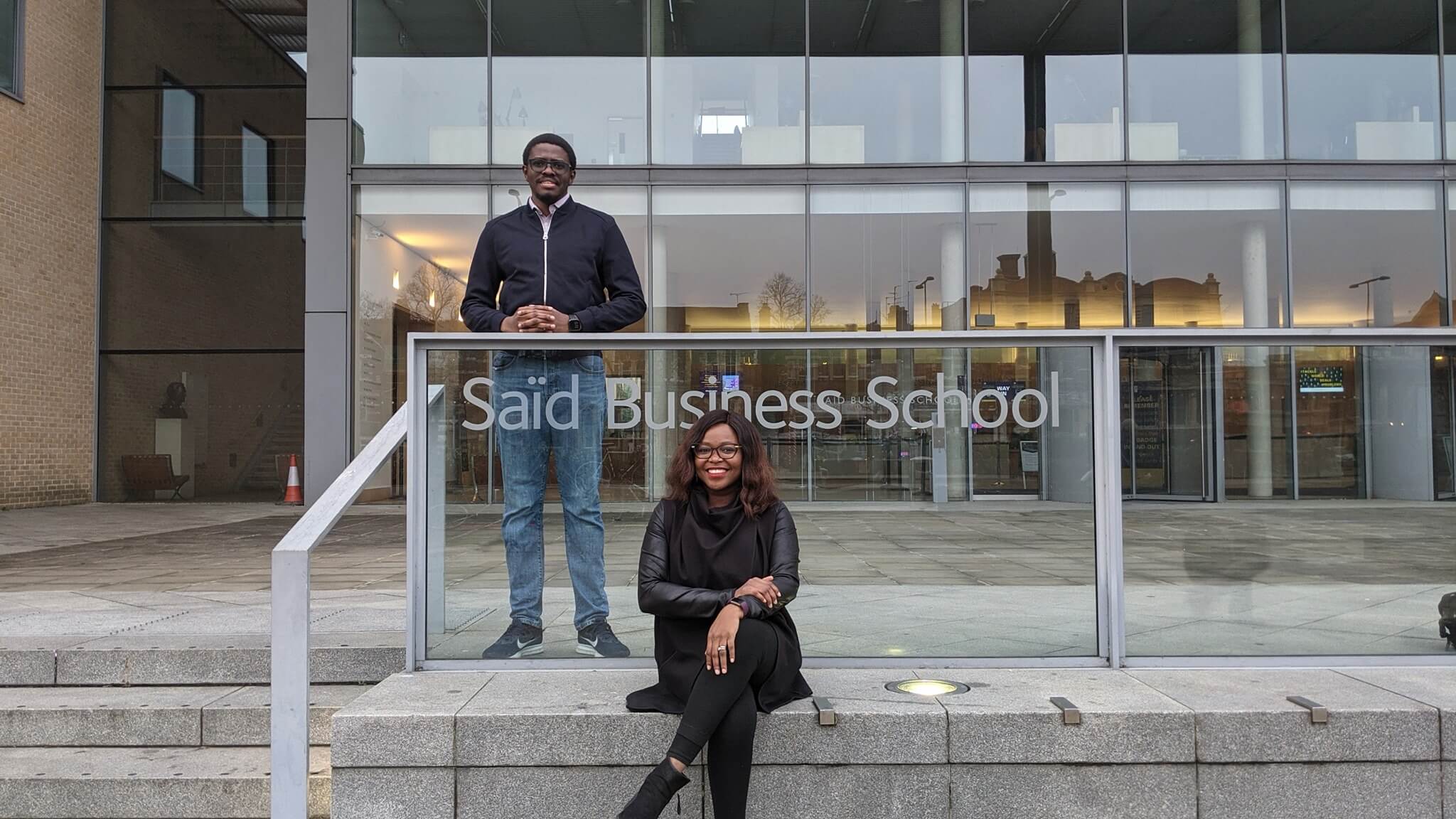If doomsayers are to be believed, artificial intelligence will wipe out vast swathes of the global workforce within the next couple of decades.
The McKinsey Global Institute forecast that up to a third of US and German workers, and nearly half of those in Japan, may be displaced by rapid automation by 2030.
PwC, the professional services firm, reckons that machines could supplant 30% of British jobs in the same period. Bill Gates, the Microsoft founder, is so worried about usurping that he is calling for a ‘robot tax’.
If this should panic future business leaders, they appear to have their poker face on. CEMS, a global alliance of business schools, surveyed 761 management master’s graduates from 49 countries on what skills they felt will be most important as intelligent algorithms invade the workplace.
Graduates ranked uniquely human social skills, such as persuasion, emotional intelligence, and empathy as the most important for the robot revolution, suggesting they do not see job destruction as being the result of automation. The take-home for anyone working a professional job is: load up on soft skills that cannot be easily replicated by robotics.
However, most managers do need to be thoroughly clued up on how to use and interact with AI-based technologies, though they do not need to become coders themselves. “You need to understand how it works, what it can, and cannot do,” says Matthias Holweg, professor of operations management at the University of Oxford’s Saïd Business School.
“Many of the [AI] problems like algorithmic bias are caused by poorly designed and run applications. It is the fault of the user, not the technology.”
Perhaps most importantly, managers of the future will need to be comfortable in an era of incredible volatility, ambiguity, complexity and ambiguity, or a ‘VUCA’ world in business school parlance.
“There is high demand for ‘fearless’ MBA graduates; ones who have enough technical exposure that they can lead a team into a new area, and leverage state of the art tools,” says Philip Parker, INSEAD chaired professor of management science.
“The most important skill, therefore, is knowing how to find the best approach to a problem, and quickly get impactful answers.”
Investing in a business school education could be a clever way to acquire these abilities, and future-proof your career as it inevitably is changed by artificial intelligence.
Three business schools offering artificial intelligence courses:
INSEAD

©INSEAD / Facebook
In a core marketing course in INSEAD’s flagship MBA degree program, students are introduced to machine learning techniques including cluster analysis for segmentation, data reduction for positioning strategy, choice and conjoint modelling for got-to-market strategies, and other related tools like neural networks.
In electives, more in-depth use of modern tools are applied to real-world data using Python and R, programming languages. INSEAD also teaches a more strategic course called ‘AI strategy for startups and the C-suite’.
Philip advises students to take as many quantitative courses as possible: “While MBAs will not become programmers, they need to know what can be done to lead a team or company in this space,” he says.
University of Oxford, Saïd Business School

©Saïd Business School, University of Oxford / via Facebook
Saïd covers machine learning in its MBA program’s Analytics and Technology & Operations Management core courses, where methods and implications for the future of work are discussed. There’s also an elective on machine learning for business for those wishing to learn how to use these methods in practice.
Saïd has also recently announced the launch of the Creative Destruction Lab (CDL), a seed-stage accelerator and mentoring program for artificial intelligence startups, on campus. The CDL program was established in 2012 at Rotman School of Management in Toronto and has helped nurture startups worth over $2 billion.
Off-campus, Saïd is promoting a new, six-week course to help participants understand the potential, and limitations, of artificial intelligence. The fully-online course requires seven-to-10 hours of commitment per week and costs $3,500. Registration for the course closes in May 2019.
London Business School
©Richard Moran
LBS has developed practitioner-led modules so that MBA students can take programming courses with a focus on Python and R, plus new elective courses in machine learning and coding for finance.
Gareth Howells, executive director of MBAs at LBS, says he also wants MBA students to think imaginatively for themselves about how these new technologies can be employed and governed.
That’s why MBA programs includes core courses such as Managing Responsibly—exploring ethics in work, organizations and society—and advanced electives such as interpersonal dynamics, and growing social enterprises, which encourage students’ curiosity and critical thinking about the new possibilities that AI opens up.
“There is no question AI will transform a number of core business functions and even replace many roles. But it will also create new functions, roles, and opportunities,” Gareth explains. “And it is the power of the brain that will lead that change.”




